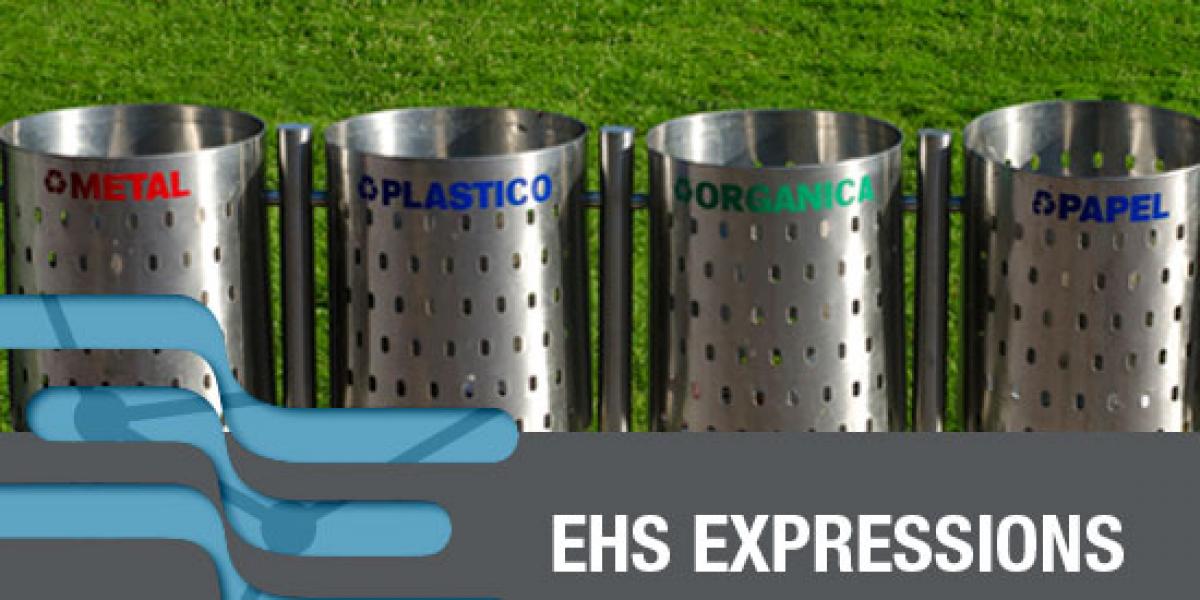You are here

Following what has become a global trend, the National Congress of Panama has established a “Zero Waste Policy.” Law No. 33 on Integrated Waste Management and Zero Waste Policy was passed on 30 May 2018, and establishes a policy and action framework as part of an integrated solid waste management system.
The Zero Waste Policy is based on a closed-cycle waste system, where the end-of-life products or output waste are treated as resources and used as inputs in order to achieve the greatest economic, environmental and social use of waste materials, as well as to generate employment and reduce pollution. The zero waste principle, according to the law, is based on the following fundamental principles:
- Shared responsibility (social waste management responsibility);
- Responsibility of those who produce the waste (importers, producers, manufacturers, distributors, marketers and service provider that generate waste in their activity);
- Hierarchy of waste management in the following order: prevention, minimization or reduction of volume, and reuse or recycling;
- Energy recovery using the most environmentally friendly treatment;
- Proximity (disposing of waste close to its origin);
- Precautionary (caution in waste management);
- Polluter pays (those who produce pollution bear the costs of managing it to prevent damage to human health or the environment); and
- Internalization of waste based on disposal costs.
The generators of special waste management, which applies to substances that represent a significant risk to health and the ecosystem, must establish an effective recycling program and use packaging that minimizes the generation of waste.
This law is of national scope and excludes the Panama Canal Authority, its operations, its contractors’ activities as well as the vessels in transit through the Panama Canal.
Business impact
The President will regulate this law within 180 days from its effective date (i.e. it will be regulated as of 30 November 2018).
Importers, producers, manufacturers, distributors, marketers and service providers that generate solid waste in Panama must be aware of the new law. Although the regulation of the law is pending, solid waste generators must start considering recycling programs and using packaging that minimizes the generation of waste, among other measures.
This regulation sets economic and fiscal incentives to promote the reuse of waste. It also establishes sanctions.

 Top
Top